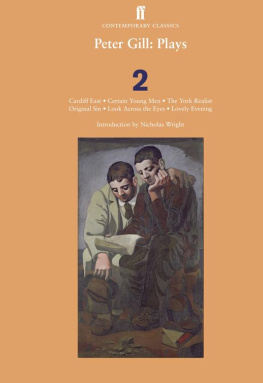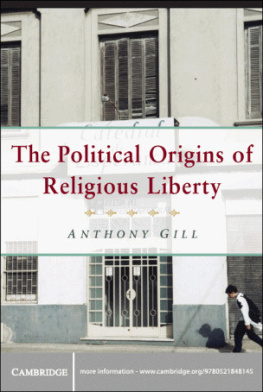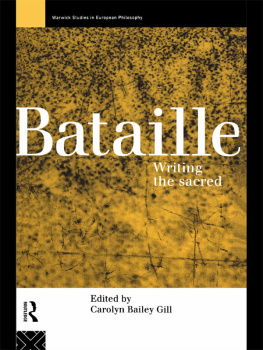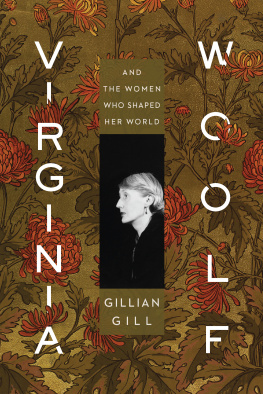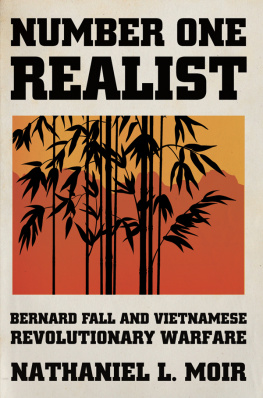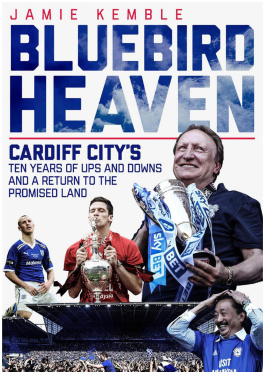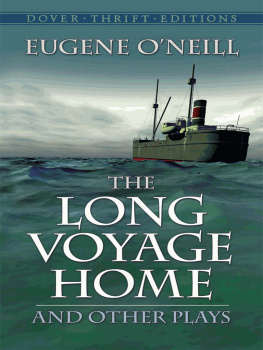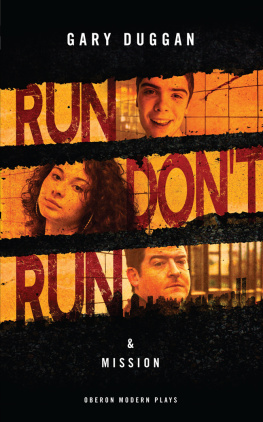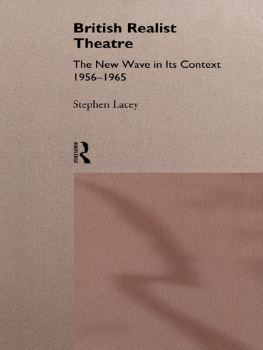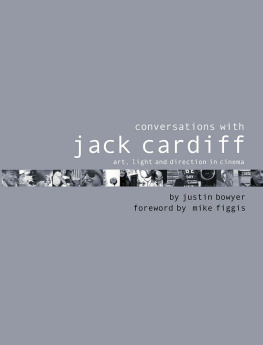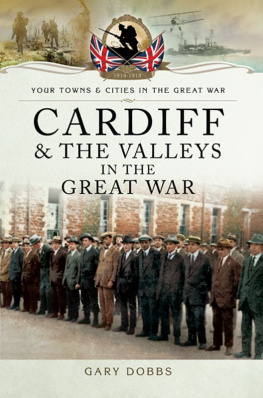Gill - Plays 2 Cardiff East, Certain Young Men, The York Realist, Original Sin
Here you can read online Gill - Plays 2 Cardiff East, Certain Young Men, The York Realist, Original Sin full text of the book (entire story) in english for free. Download pdf and epub, get meaning, cover and reviews about this ebook. City: London, year: 2014, publisher: Faber & Faber, genre: Detective and thriller. Description of the work, (preface) as well as reviews are available. Best literature library LitArk.com created for fans of good reading and offers a wide selection of genres:
Romance novel
Science fiction
Adventure
Detective
Science
History
Home and family
Prose
Art
Politics
Computer
Non-fiction
Religion
Business
Children
Humor
Choose a favorite category and find really read worthwhile books. Enjoy immersion in the world of imagination, feel the emotions of the characters or learn something new for yourself, make an fascinating discovery.
- Book:Plays 2 Cardiff East, Certain Young Men, The York Realist, Original Sin
- Author:
- Publisher:Faber & Faber
- Genre:
- Year:2014
- City:London
- Rating:3 / 5
- Favourites:Add to favourites
- Your mark:
- 60
- 1
- 2
- 3
- 4
- 5
Plays 2 Cardiff East, Certain Young Men, The York Realist, Original Sin: summary, description and annotation
We offer to read an annotation, description, summary or preface (depends on what the author of the book "Plays 2 Cardiff East, Certain Young Men, The York Realist, Original Sin" wrote himself). If you haven't found the necessary information about the book — write in the comments, we will try to find it.
Plays 2 Cardiff East, Certain Young Men, The York Realist, Original Sin — read online for free the complete book (whole text) full work
Below is the text of the book, divided by pages. System saving the place of the last page read, allows you to conveniently read the book "Plays 2 Cardiff East, Certain Young Men, The York Realist, Original Sin" online for free, without having to search again every time where you left off. Put a bookmark, and you can go to the page where you finished reading at any time.
Font size:
Interval:
Bookmark:

He was thin, wiry, black-haired and bright-eyed, very attractive both because of his looks and because of the packed electric energy that emanated from him. Very talkative, highly opinionated, very good at organising complicated parlour games. Politically he was combative. As a colonial boy, I was baffled and excited by his assaults on private education, or his outrage at some media slur on a trade union. He was a radical who could never have joined a movement: that, in a way, is the most basic thing you need to know about him. Sophie adored him.
In the twenties, she, her sister Percy and a friend had formed the theatre design group Motley, which had introduced simplicity and a kind of unforced elegance into the theatre of their day, and she was still a working designer. A lot of what I will say about Peter will point up the contradictions in him, and this is one: he was a theatrical subversive who nevertheless had a love of the theatre that Sophie had helped to create the (by then) un fashionable art theatre of Michel St Denis, Komisarjevsky and John Gielgud. Oh what shall I do? she would say on a Sunday evening. The designs for something or other were due the next morning and she couldnt think of a thing. Dont worry, Sophie, Peter might say. What about an ankle-length white dress with a pink rosebud in her buttonhole and a straw boater, like you did for Angela Baddeley in 1937? Sophie would lick her brush and draw.
He was an extremely good actor, but often out of work. The RSC took him on in its first days at the Aldwych. But as a mouthy, non-Cambridge intellectual, derisive of theory of any kind, the RSC wasnt his natural home. In fact, acting at all wasnt really the job for anyone so controlling. His connections at the Royal Court were excellent: there was Sophie, there was Tony Richardson, living at the top of the house in an extravagant flat populated by iguanas and toucans. And Peters best friend was Bill Gaskill, a major figure at the Court, and later to run it.
Clearly Peter would end up there in some form or another: the only question was how and what as. Offers were slow in forthcoming until, for a very short period, he became the Royal Courts press officer, a job for whose emollient demands he was spectacularly unsuited. For quite a while, he was simply a figure at the Court, someone who didnt demand to be paid except when doing some specific job: assisting on a main-house show, or doing a Sunday night production without decor. (If this sounds vague, I ought to explain that in those days it was often quite difficult to know whether you were actually working at the Royal Court or not. You obviously couldnt ask, for fear of getting the wrong answer, so you had to go to the accountants office on Friday morning, ask for your pay-packet and see if you got one.) Employed or not, Peter clearly belonged there. H. H.
Lawrences The Daughter-in-Law, along with A Colliers Friday Night and The Widowing of Mrs Holroyd, making up the Courts Lawrence trilogy. Id not seen him for a while and never worked with him, and found him very different. Although very ambitious, he had held off from directing until he felt he was ready to roll. Now, with only a handful of shows behind him, he was obsessed. Reports came in from the rehearsal room of his maniacal attention to detail, of his springing onto the set to adjust the angle of an actors hand, the disposition of a prop, the weight of an inflection. What strikes me as odd, after all these years, is that everyone connected with the productions knew exactly what he was doing: he was transforming the dead tradition of kitchen-sink naturalism into a poetic form, one that gave a classic nobility to working-class life.
My memories of the Lawrence trilogy include a run-through onstage of The Widowing of Mrs Holroyd at which, when the dead miner was washed by his widow and mother, both Bill Gaskill and I blubbed like babies; a particular moment in A Colliers Friday Night, still one of the half-dozen best productions Ive ever seen, when a marvellous, long-forgotten character actor, John Barrett, tipsily wound up his watch before going to bed and why was that so beautiful? But it was. And the get-in of Collier, when Peters assistant, Barry Hanson, and I looked round to see Peter running out of the stalls. We found him in the alleyway, vomiting blood. An ambulance took him to hospital, where he nearly died: his ulcer had burst. Bill Gaskill took over Collier and Mrs Holroyd and Jane Howell took over The Daughter-in-Law. Both said afterwards that thered been nothing for them to do bar run the technicals: the work had been done.
Gaskill took daily reports to Peter in his hospital bed. Wired up and half-unconscious, he was determined to protect the austere beauty of his shows. Theres a scene in Collier where the bread burns in the oven. Gaskill suggested mildly that he was thinking of arranging for dry ice to simulate the smoke. Peter was outraged. Dry ice? he croaked through his oxygen mask.
Who do you think I am? Franco Zeffirelli? A year or two later I was in deep trouble, having opened the Theatre Upstairs with three ill-chosen plays, all very badly done. I knew that my next request for a pay packet was likely to be embarrassing, and I had the sense to realise that my only hope was to get in someone cleverer than myself to help me out. Peter had just finished his third play, Over Gardens Out. I remember my intoxication at the grace and simplicity of the dialogue. Quite recently I came across my diary of that time and found that Id written, on a page of its own, the phrase the beating heart. I meant that the dialogue had a transparency that led me into his characters inner lives. I programmed the play as quickly as I could, along with a revival of Peters earlier play, The Sleepers Den.
Everything went right for the shows and, after that, for the Theatre Upstairs as well, though not for Peter. His Duchess of Malfi in the main house was eagerly awaited. There was a cast of sixteen, eight playing principals, eight playing everyone else. Bill Dudley designed it, with a line of salvaged doors up each side, and the predominant colour was ochre. In the Lawrences, Peter had played with physical choreography in a realistic context: here there was no realism, instead a formal, almost mannerist, interplay of bodies, faces packed together like a Giotto. The actors were young and unfamiliar with the fruity acting that people expect in Webster.
I cant describe how deeply the show was disliked by everyone except for a few fans. The critics hated it, so did the Royal Court grandees and the audience was mostly not present. All I can say is that Im sure all the criticisms were very justified, but Id never seen a show like that before and Ive spent the last thirty years looking at bits of it repeated all over the place, in theatre, in opera and in dance. Peter had shot something new into the ether, and it landed. What it cost him was enormous. Ive often wondered what its like to give everything youve got twice and to receive two such devastating rebuffs, one from your own body, and one from the world.
Font size:
Interval:
Bookmark:
Similar books «Plays 2 Cardiff East, Certain Young Men, The York Realist, Original Sin»
Look at similar books to Plays 2 Cardiff East, Certain Young Men, The York Realist, Original Sin. We have selected literature similar in name and meaning in the hope of providing readers with more options to find new, interesting, not yet read works.
Discussion, reviews of the book Plays 2 Cardiff East, Certain Young Men, The York Realist, Original Sin and just readers' own opinions. Leave your comments, write what you think about the work, its meaning or the main characters. Specify what exactly you liked and what you didn't like, and why you think so.

